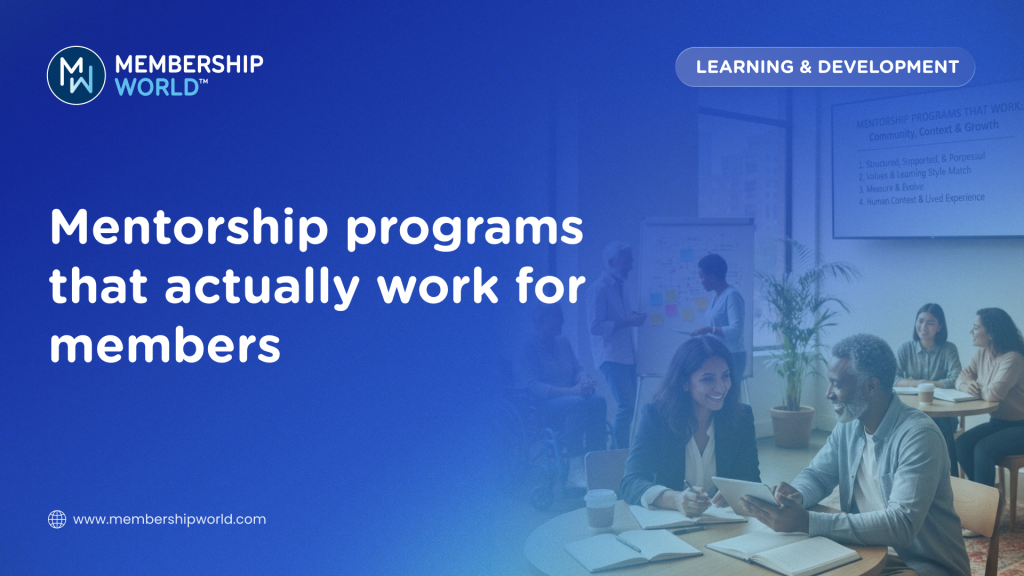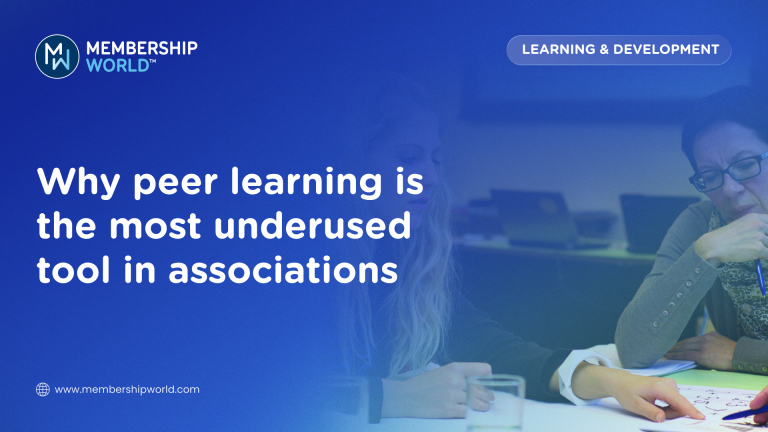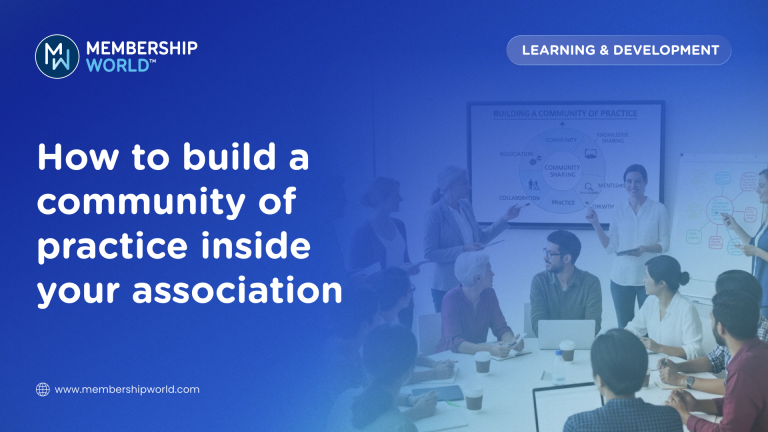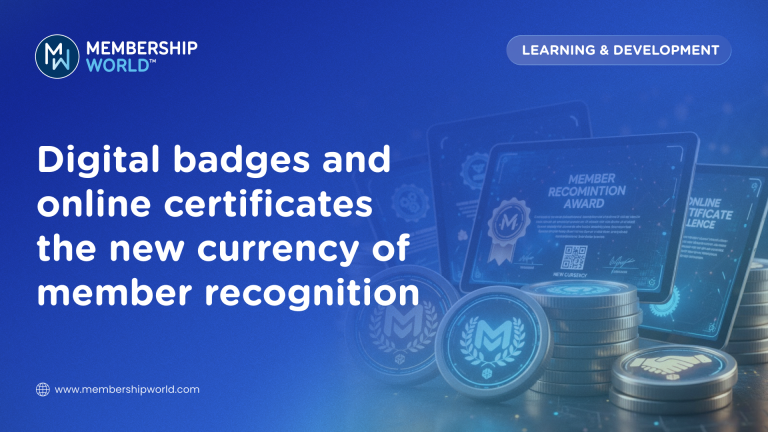
Every association knows that mentorship matters.
It connects experienced professionals with those still finding their path, creates belonging, and builds a bridge between generations of members.
Yet despite good intentions, many mentorship programs fizzle out — pairings that go quiet after a month, mismatched expectations, or programs that start strong and fade without results.
So how do associations design mentorship programs that actually work — for mentors, mentees, and the organisation itself?
TLDR
- Great mentorship doesn’t happen by chance; it’s designed with structure, support, and purpose.
- Successful programs balance personal connection with clear goals and accountability.
- Matching matters less than mindset — associations should look for values, interests, and learning style compatibility.
- Measurement and feedback loops help maintain engagement over time.
- The most impactful programs see mentorship as community learning, not just one-to-one guidance.
Why mentorship still matters in the membership world
In a time when members can learn almost anything online, mentorship remains uniquely powerful because it provides something no webinar or AI tool can: human context.
Mentors offer perspective, encouragement, and lived experience — things that help members navigate not just skills but careers.
For associations, mentorship fosters retention and belonging. When members form meaningful relationships, they stay connected longer and contribute more actively.
It’s no surprise that mentorship consistently ranks among the top three benefits members value most, according to multiple sector surveys.
What goes wrong in many mentorship programs
Even well-meaning initiatives often hit predictable pitfalls:
- Vague goals: Participants aren’t clear what success looks like.
- Poor matching: Pairings are made by job title instead of shared interests or learning goals.
- No structure: Meetings are left open-ended with no timeline or guidanc.
- One-way relationships: The focus falls entirely on the mentee’s growth, missing opportunities for mentors to learn too.
- Lack of follow-up: Once launched, programs aren’t monitored or supported.
If your mentorship initiative sounds familiar, you’re not alone. The good news: these challenges are entirely solvable.
Designing mentorship with intention
Here’s how associations can turn a well-meaning idea into a thriving mentorship culture.
- Start with purpose, not process
Before you match anyone, define why the program exists.
Is it to help early-career professionals build confidence? Support leadership transitions? Foster inclusion?
Clarity here shapes everything that follows — from recruitment to communication. - Build structure, not bureaucracy
The most effective programs provide a simple framework that encourages momentum without stifling spontaneity.
A good model includes:
- A clear timeline: e.g., six months with check-ins every four weeks.
- Suggested conversation themes: career planning, workplace challenges, skill development.
- Resources for both roles: short guides, reflection templates, or prompts to keep meetings purposeful.
This gives participants a rhythm without turning mentorship into another admin task.
- Match for chemistry, not credentials
Many associations rely on quick surveys or job titles to match pairs. Instead, consider a short matching call or questionnaire focusing on:
- Shared values and interests
- Preferred communication style
- Availability and commitment
A thoughtful match can make or break engagement. When people click, mentorship becomes self-sustaining.
- Support mentors as much as mentees
Mentorship works best when both sides learn.
Provide mentors with light-touch training, discussion topics, and feedback opportunities.
Remind them that asking questions and sharing vulnerability can be just as impactful as giving advice. - Measure impact and celebrate progress
Don’t wait until the end to check in. Short pulse surveys after the first month and halfway through can help adjust matches and support.
Metrics to track include:e
- Meeting frequency and satisfaction
- Skill or confidence growth (self-rated)
- Member retention among participants
And most importantly, celebrate success — spotlight stories in newsletters or events. Recognition fuels motivation.
Evolving beyond one-to-one mentorship
More associations are now experimenting with group and peer mentoring, where one mentor supports several mentees, or peers mentor each other in small groups.
This model scales better for large communities and often creates richer dialogue, as members learn from multiple perspectives.
Digital tools also make mentorship more accessible — through virtual meetups, online communities, or matching platforms built into your LMS or member portal.
The best programs blend structure with flexibility: human connection supported by smart technology.
Case insight: From pairing to partnership
One association in the engineering sector recently revamped its mentorship program after discovering that fewer than half of pairs were meeting regularly.
They introduced a “mentorship agreement” template outlining shared goals and frequency of contact, plus a monthly email with discussion ideas and a quick check-in form.
Within six months:
- 82% of pairs reported consistent engagement.
- Mentors said the prompts made conversations more productive.
- Mentees reported increased confidence and a clearer career direction.
The takeaway: small interventions — structure, communication, and recognition — can turn casual pairings into purposeful partnerships.
Final thoughts
Mentorship is one of the most human things associations can offer — a reminder that progress is personal, and learning happens through connection.
The most successful programs don’t just match people; they build a culture of shared growth.
When mentorship thrives, so does your community. Members see real results, mentors feel valued, and the association becomes a trusted space for lifelong learning.💬
What’s one thing your association has done to make mentorship more meaningful?



